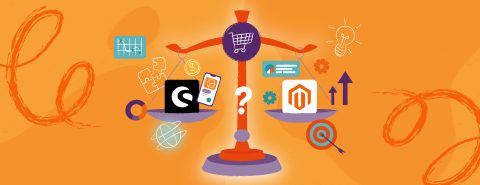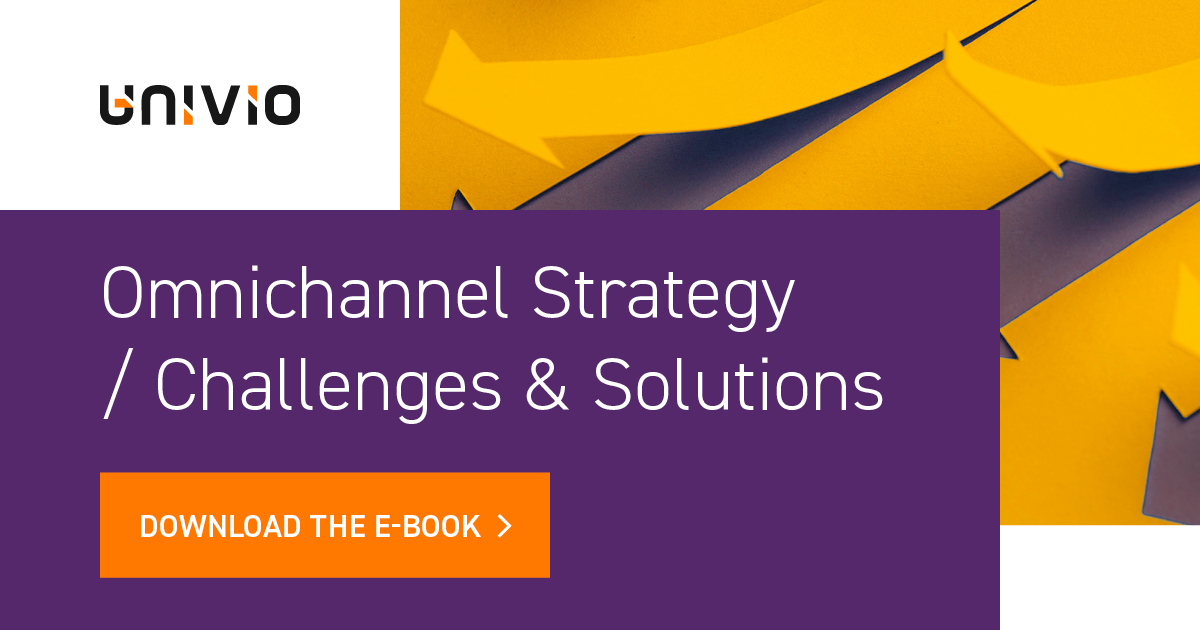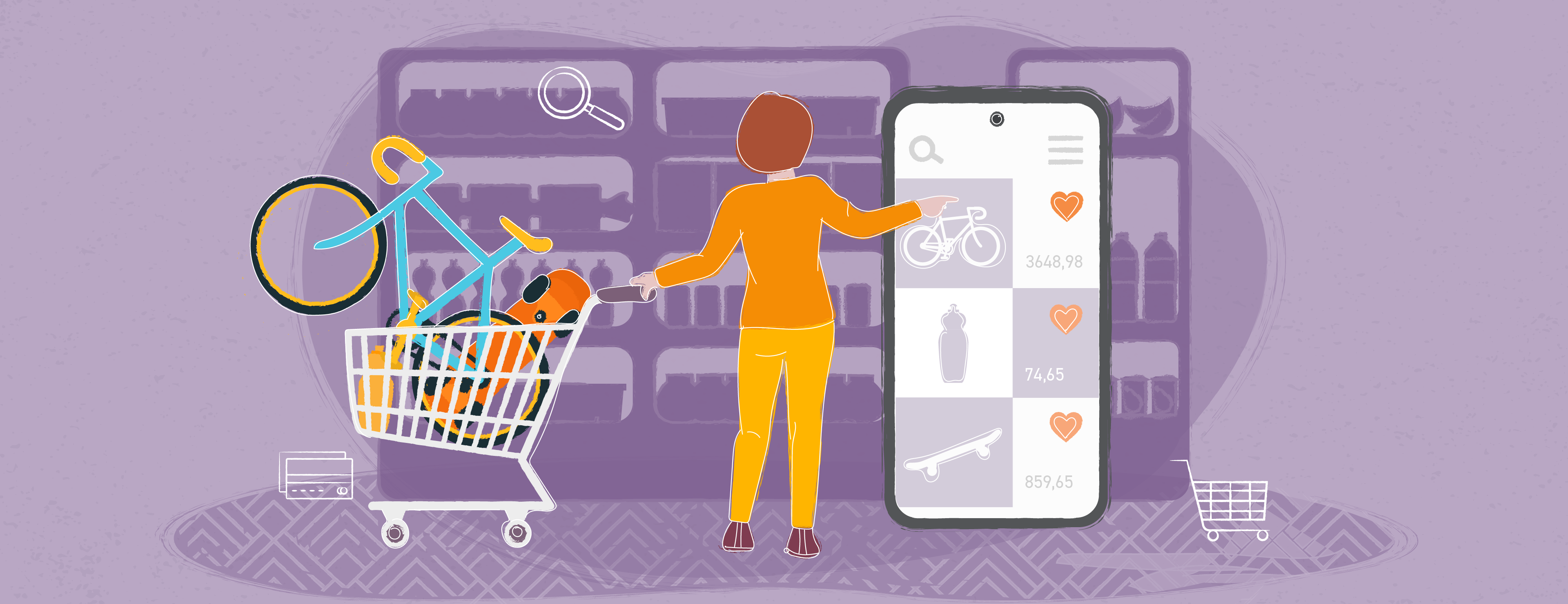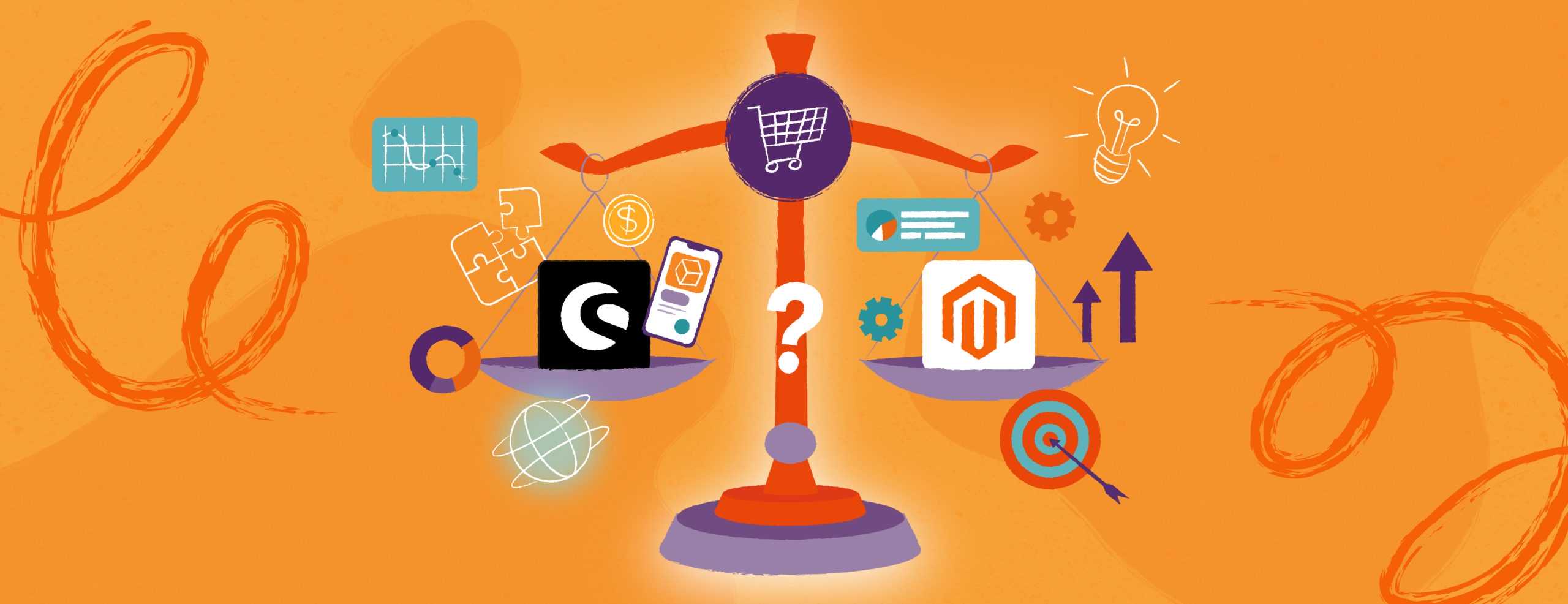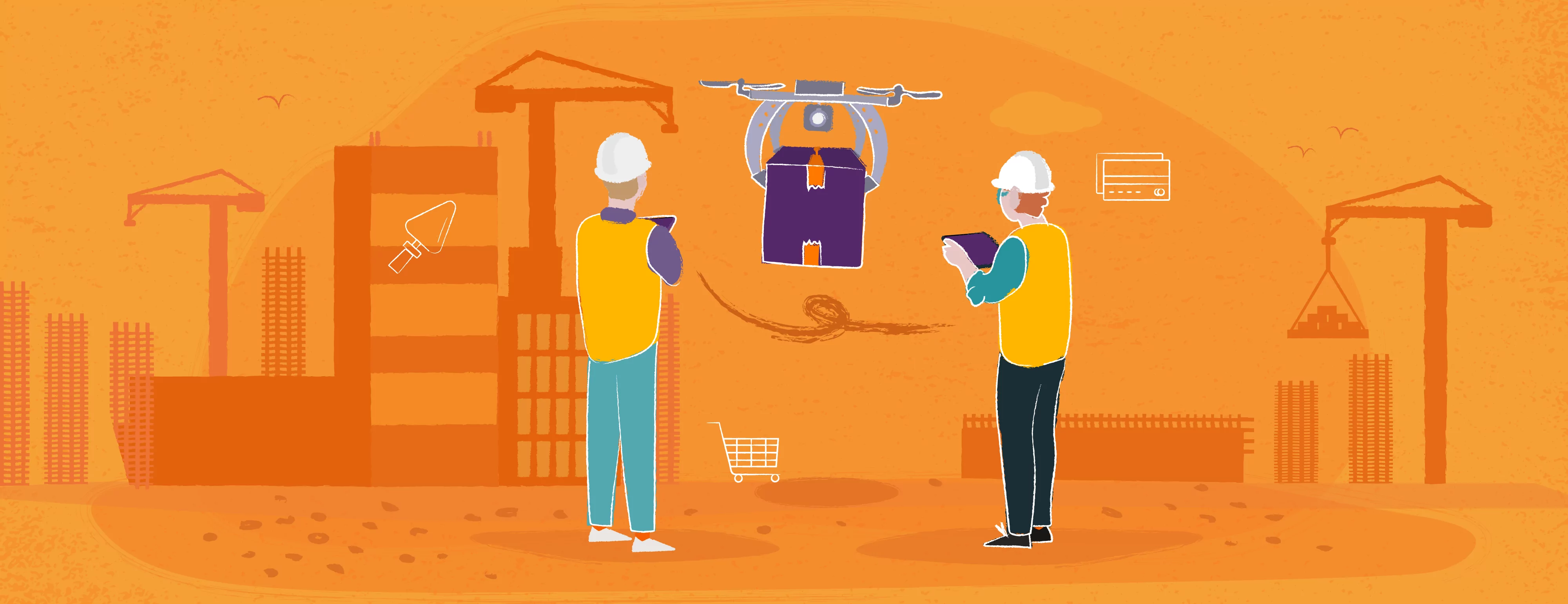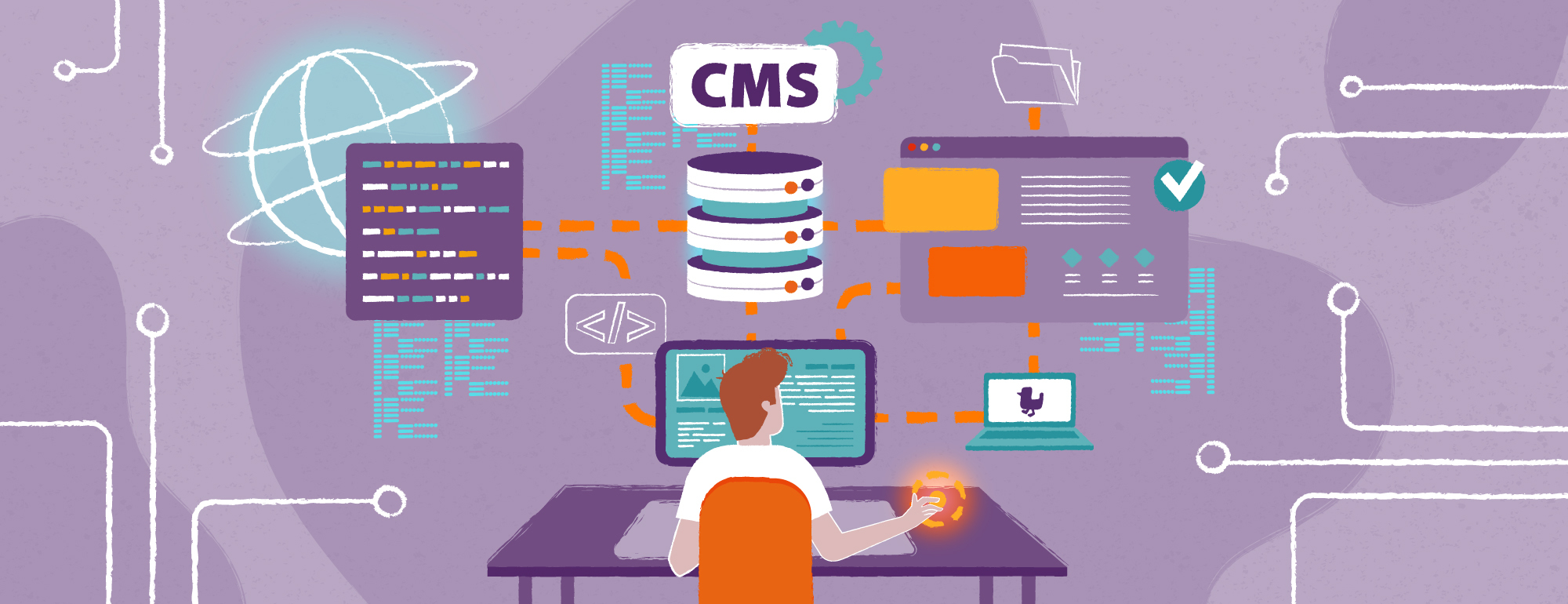B2B E-Commerce / Shopping Experience Personalization
Personalization is a key success factor in both B2C and B2B e-commerce. A growing number of companies are realizing the potential of personalization and its impact on boosting conversions and customer loyalty. This is particularly important for B2B, as business clients expect more personalized attention and tailored offerings.
According to a McKinsey report, 78% of consumers have chosen, recommended or paid more for a brand that provides a personalized service or experience. As Forrester points out, a staggering 89% of global companies invest in personalization. The B2B sector data follow suit. 74% of B2B customers from the Millennial generation are reported to have switched vendors for a better shopping experience, and 73% of business buyers want a personalized experience akin to the B2C sector.
B2B customers also expect personalization, so let’s discuss the personalization options offered by our ONe B2B e-commerce platform.
Personalization in E-commerce
Personalization in e-commerce spans several areas: personalized marketing, the tailoring of a platform’s functionality to the needs of specific user groups, and the customization of the offering and prices. Personalization can happen at practically every stage of a customer’s interaction with brands, products or services, including customer service. It can take place on a website, in an online store, on marketplace platforms, in social media and in brick-and-mortar locations. With information on preferences concerning customer service as well as pricing and product policies, retailers are able to provide the best possible experience not only during the purchasing process, but also before and afterwards. This amps up customer loyalty ‒ customers return to buy more often and the value of their shopping cart goes up.
In the B2B e-commerce sector, personalization involves tailoring communications, interactions and experiences to the individual needs of the company’s clients, which are companies. This enables forging a relationship based on understanding and trust even though the purchasing process takes place online.
Differences Between B2C and B2B Customer Journeys
As customer journeys in B2C and B2B are slightly different, personalization measures in B2C and B2B are different too. Let’s have a look at the differences between these sectors:
- Sales channels: In B2C, sales are usually made through publicly accessible online and brick-and-mortar retail stores. In the B2B sector, sales channels still heavily rely on face-to-face contact with the retailer but customers are increasingly using B2B e-commerce platforms.
- The target customer: In the retail sector, the target customer is the individual consumer who buys products or services for themselves or their family. In B2B, by contrast, customers are companies or other organizations that purchase products for their business or for resale.
- Number of customers: In B2C, the number of individual customers is very large, so they usually remain anonymous. In the business sector, offerings are aimed at a smaller number of customers who make regular bulk purchases or purchases on demand.
- Decision-making process: Individual consumers make purchasing decisions more quickly and more impulsively, often driven by emotion and personal taste. In contrast, purchases by businesses often follow a decision made by a team, based on an analysis of a variety of factors. For B2B customers, what matters is not only the price of the item, but also its availability, ease of communication with the supplier, the warranty provided.
- Purchase process: B2B e-commerce platforms are dedicated to specific groups of customers. In order to use them you need to create and verify an account. Although these systems are increasingly opening up to B2C customers, there is no free access to all their functionalities.
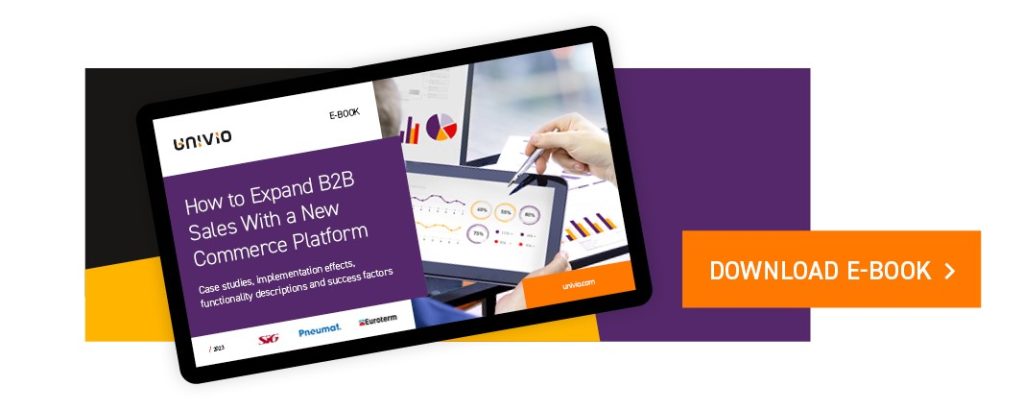
How to Optimize an E-commerce Personalization Strategy?
Personalization in B2B e-commerce allows you to increase sales, optimize business processes and build long-term relationships with clients. Achieving the best results requires you to be systematic, zoom in on customers’ needs and monitor your efforts to see if they bring the desired results. To this effect, it is necessary to collect data about customers, such as their purchase history, preferences and other information about their companies. You will be well-advised to analyze the collected data and tailor the offering accordingly. In ONe B2B, you can create different customer segments, to which you can assign discounts, make special offers and direct personalized communication.
How to Achieve Personalization in B2B E-commerce?
Personalization is key for B2B customers as they are used to being in direct contact with their business partners. Various functions of the ONe commerce platform allow you to replicate opportunities from the offline environment when shopping online. Some of these opportunities are listed below.
- Related product suggestions are possible due to ONe platform’s integration with a PIM system.
- The ability to build customer segments according to industry and other parameters, which enables offering personalized pricing, special deals and marketing communications to specific groups of customers.
- A strongly developed promotions model, which allows specific products to be offered to specific customers, e.g. based on their location. Almost unlimited promotion scenarios are available.
- Personalized display of products according to margin, season, industry, etc. The ability to create bestseller categories displaying products with specific parameters.
- Personalized communication through the seller’s panel, which allows clients to set order details and ask for an additional discount and enables sales representatives to prepare and send out special offers.
- ONe B2B includes a Tasks module, which makes it possible to assign specific tasks to sellers, allowing you to quickly respond to customer needs.
- Possibility to use additional modules, such as loyalty programs or offer generators, and to easily connect them to the e-commerce system.
- Convenient configurators and calculators to streamline the purchasing process, especially for clients in the construction, finishing or installation industries.
- Customization of various elements of the online store, personalized graphic elements.
- Different models of access to the trading platform: access to products only when signed in, display of prices to logged-in clients, or free access to the product range and the price list for all users, plus preferential terms for logged-in customers.
- Account features to make shopping easier, such as a wishlist, access to the order history, the ability to reorder, create accounts for employees and grant authorizations, display of invoices, reminders of overdue payments.
Benefits of B2B E-commerce Personalization
B2B e-commerce personalization can bring a wide range of benefits to companies, including:
- A better understanding of customer needs, which allows you to deliver more tailored products and services.
- Improved sales: Personalization makes it possible not only to tailor sales to individual customers’ needs but also to streamline the entire process.
- Increased customer satisfaction. Personalization allows companies to customize their products and services to individual customers’ needs and preferences, which translates into an enhanced shopping experience bolstering the customers’ loyalty and satisfaction with purchases.
- Better sales effectiveness through personalized recommendations and offers, which can lead to increased transaction values.
- Competitive edge: A high level of personalization will enable you to stand out and will add to your competitive edge.
To recap, B2B e-commerce personalization can bring multiple benefits to companies, including better client satisfaction, improved sales effectiveness, enhanced brand image and a better understanding of client needs. 66% global B2B companies say that service quality is more important than the brand they buy from. There can only be one conclusion: offering your customers the best possible buying experience, both offline and online, is your best policy.
